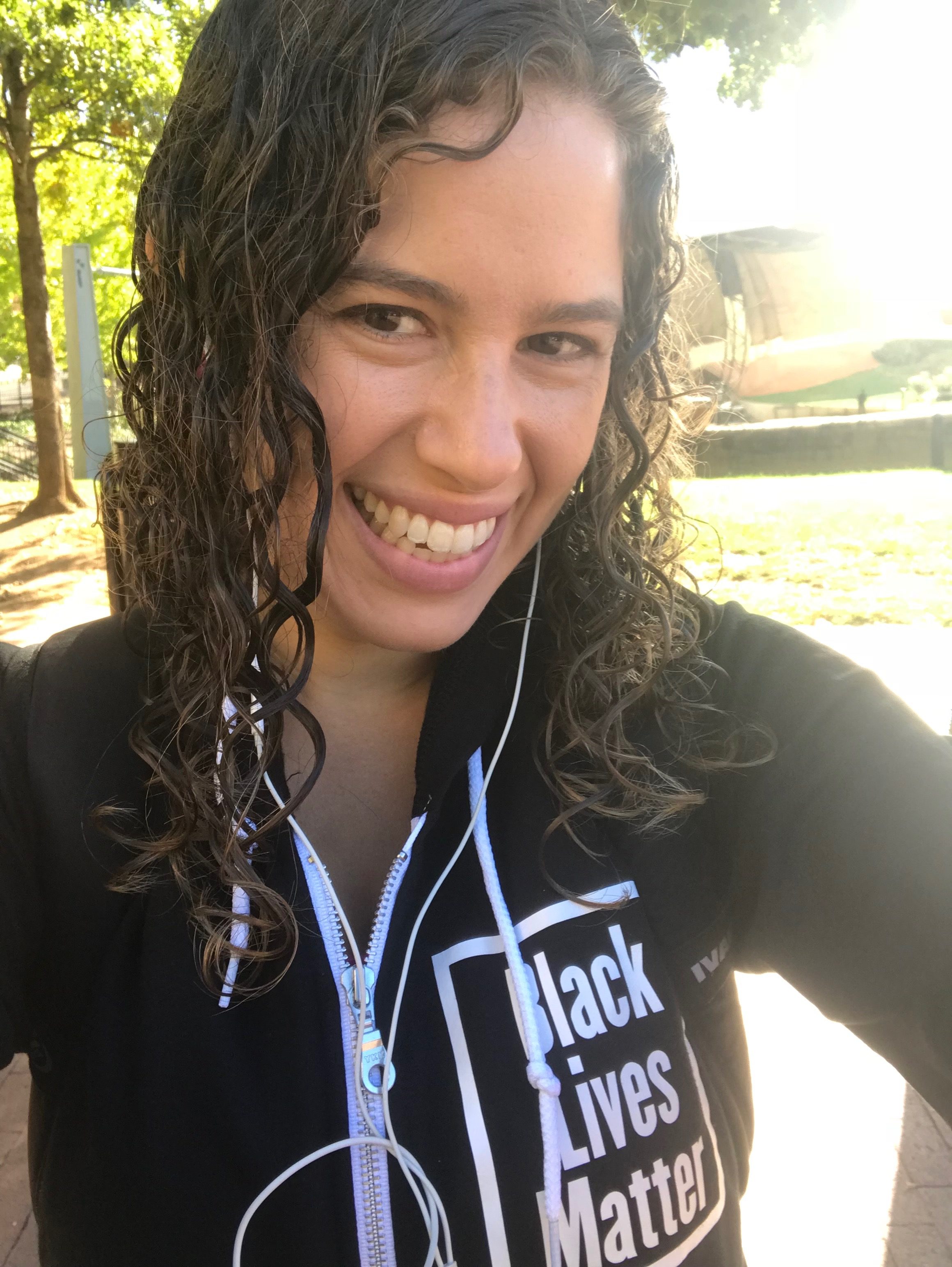When multiple friends forward me the same news story, I figure I should write about it. Today’s news is the latest sex ed campaign of the Boston Public Health Commission, which features a video on STIs and condoms to be played on YouTube and cable television. In addition, the campaign has its own Facebook page through which teenagers can comment and post questions.
Fantastic! I definitely want to meet the people behind this campaign. I’ve heard lots of talk about a growing desire to reach teenagers through technology. This campaign combines peer education, one of my favorite methods, with new ways of using the media. In particular, I’m interested to see how teenagers respond to the Facebook page, and whether they really do frequently ask cyber questions. I’m also glad that the large technological component of the campaign does not preclude in-person work — teams will also perform street theater in Boston.
While I’m very pleased with the campaign, I’m not as pleased with the rhetoric used to explain the need for the campaign. The Boston Globe article cited teenagers’ age – “barely old enough to drive” – and their “casual attitudes about sex” as the reasons for increased STI rates. Can’t we seek to support teenagers without such condescension? We must be able to explain our reasons for wanting to teach sex ed without putting down the very same people we need to empower.
One choice that did not seem to demand justification, however, was the selection of a featured video that focused on promoting condoms and STI screening and did not mention abstinence. Here’s a question that I’ve been pondering for a while: Do sex educators in the field of public health have more political leeway than those of us in schools? No school committee writes the rules for the Boston Public Health Commission. And this funding was for preventing communicable disease, not for character education. If we can frame public school sex education in terms of these public health priorities, how would that affect the discourse around what we should and should not teach?
While sex education through cable and the Internet is exciting and chic, it cannot replace face-to-face conversation. The benefits of structure, space and relationship building will remain unique and powerful elements of school-based sex ed, in addition to and (hopefully) in conjunction with Facebook and YouTube.

Tabitha says:
I think this is a really great idea. I haven't seen any of the youtubes or heard the specifics, but I like the idea of being able to give kids some links and then when they go home they can watch them. I feel like teens can be made fun of for knowing either too little or too much about sex, so if they can lock themselves in their bedroom and watch, then they might be more likely to.
Not sure how many people will ask questions on facebook. If there was a way to do it anonymously, I think it would happen more.
But certainly face-to-face conversation with an adult they trust is paramount.
Aliza R. Wasserman says:
do you want me to introduce Margaux, our multimedia coordinator who has been in charge of the campaign? she's awesome (and our age)